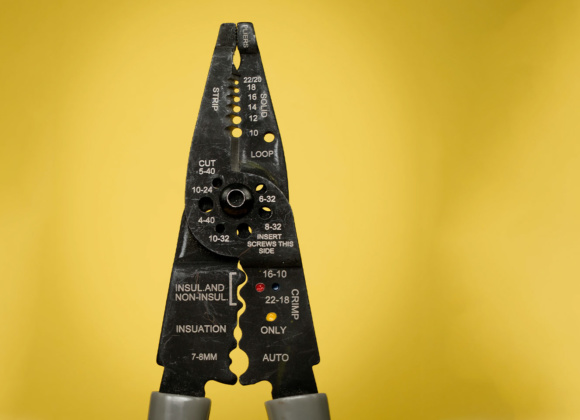
What is a Domestic EPC?
A domestic EPC (Energy performance Certificate) is a report which shows how energy efficient a domestic building is. A building is officially classified as ‘domestic’ when there is only one family living in it – regardless of whether it is a permanent residency or semi-permanent. All residential buildings must have had an EPC assessment carried out if it is to be rented out or sold.
A domestic EPC gives your home an energy efficiency rating of between A and G, with A being the most energy efficient that is possible and G being very poor. Having a good energy efficiency rating can be good for attracting buyers or tenants to your home as it means they will have reduced fuel costs in the future.
Do I need a Domestic EPC?
If you are planning on selling or renting out your residential property, it is a legal requirement to have a domestic EPC carried out. This has been the law since 2008 and it is designed to help potential buyers or tenants make an informed decision about buying or renting the property.
The domestic EPC not only gives information about the current state of the property’s energy efficiency, but will also include recommendations about how to improve it.
Landlords or sellers must apply for their domestic EPC before they put the property on the market or out to rent.
There are also some government grants which can be accessed to get funding towards energy saving measures, including the Energy Company Obligation (ECO) and the Green Deal Home Improvement Fund (GDHIF). For these grants, home owners will also need to have an EPC.
Domestic EPC FAQs
What are the benefits to having a Domestic EPC?
Whilst it is obligatory for home owners to have a domestic EPC if they are looking to sell or rent their property, there are other benefits as well.
Firstly, your domestic EPC will give you (and future occupants) the chance to see how energy efficient your house is now, but also in the future. The recommendations that are given mean that you can make your property more attractive to potential buyers or tenants by making it more energy efficient.
A domestic EPC will give you a good understanding of the energy efficiency of your property at a glance, and it is simple and easy to make sense of.
How long does a Domestic EPC last?
Your domestic EPC will last for 10 years – the same as a commercial EPC. Unless you make significant changes to your property, you will not need another one, and likewise, if you have had an assessment done in the last 10 years and haven’t made any changes to your home, you don’t need a new one.
Are there any exemptions?
Some homes don’t need to have an Energy Performance Certificate according to law. These are:
- Temporary buildings that will be used for less than 2 years
- Stand-alone buildings with a total useful floor space of less than 50m2
- Industrial sites, workshops and non-residential agricultural buildings that don’t use a lot of energy
- Some buildings that are due to be demolished
- Holiday accommodation that is rented out for less than 4 months per year or is let under a licence to occupy
- Listed buildings – get advice from your local authority conservation officer if energy efficiency work would alter the building’s character
- Residential buildings which are intended to be used for less than 4 months a year
We recommend that if you think that your house is exempt from the EPC requirement, you check with a specialist to ensure that you are covered.
Are there penalties for not getting a Certificate?
The law is very clear on its requirement for domestic EPCs. The responsibility is on the current owner to make sure that they have a residential EPC if they are selling or renting out the property.
If the property is a dwelling, the fine for not having an EPC is £200.
You can legally market your property once that you have booked your EPC, even if you haven’t had it yet. Proof that you have booked your assessment is enough.
How much does a Domestic EPC cost?
Our domestic EPC prices vary according to the size of your property, but they start from only £55 (excluding VAT). We offer competitive prices to home owners and a free, no obligation quote.
What happens during the assessor’s visit?
The amount of time that our energy assessor will spend at your home depends on its size, and the degree of access that they have to the house.
Our energy assessor will look at a number of factors in the house, including:
- The size of the building
- Your lighting
- Cavity wall and loft insulation
- Hot water and central heating systems
- The energy efficiency of the windows
- Ventilation
Office Locations
View All LocationsGetting a Domestic EPC
It’s easy to get your residential EPC with us here at Nexus. Our energy assessors are all professionally qualified in energy efficiency surveying. We require them to be members of accreditation companies who regularly audit their work and ensure that criminal record checks are up to date.
Our team of energy advisors are also on hand to talk you through the results and implications of your domestic EPC if need be.
If you are thinking about selling or renting out your home, you will need to have a domestic EPC, so why not get in touch with us today?
Free Energy Quote



